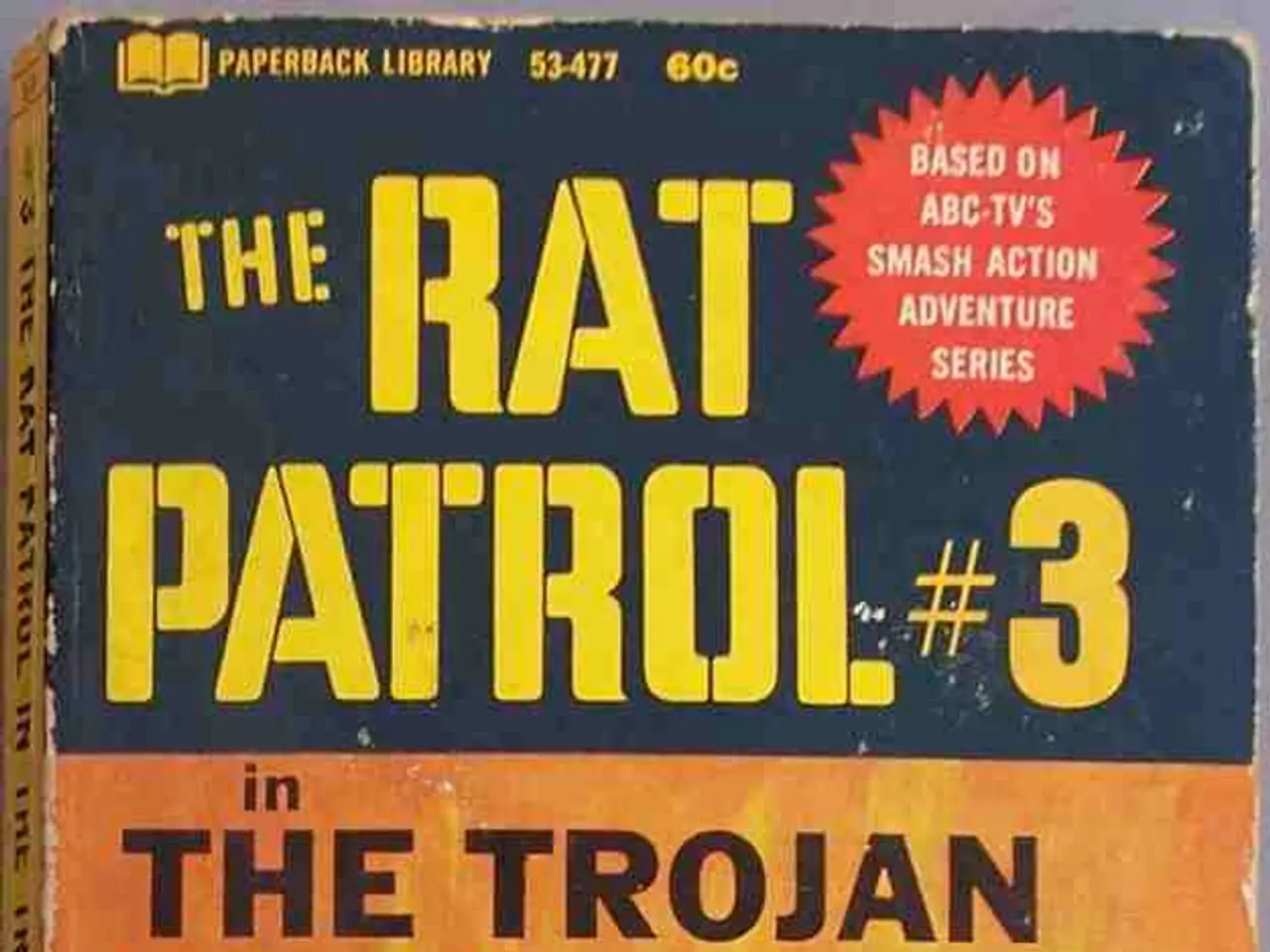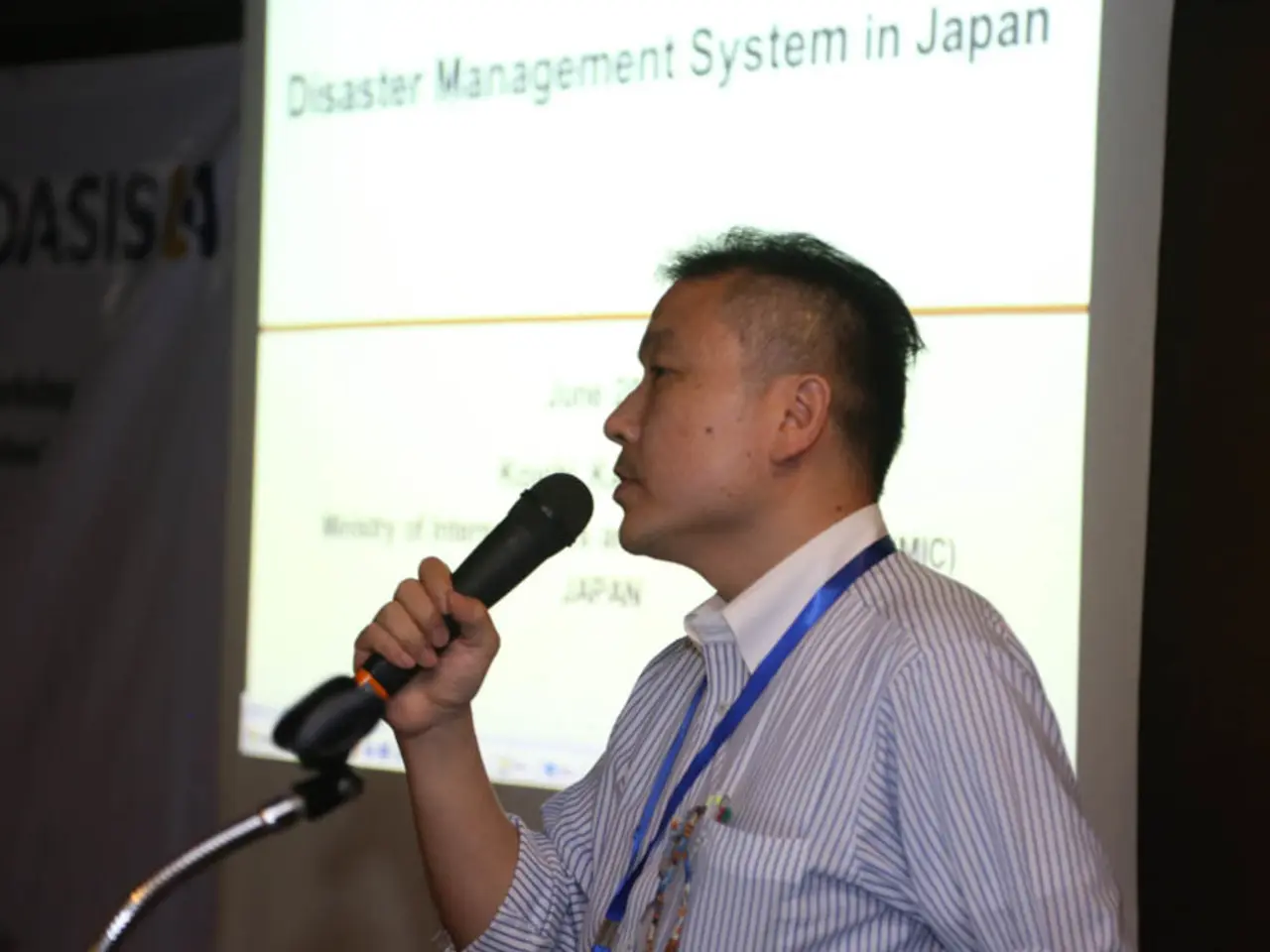International Relations Criticised: Jaishankar Speaks Out on Kashmir and Taliban Hypocrisy Among Western Nations
During a recent visit to London, External Affairs Minister S. Jaishankar raised the issue of Kashmir and the return of Pakistan-occupied Kashmir (PoK) to India, reiterating the Modi government's stand on the matter [1].
At a discussion at Chatham House, Jaishankar stated that once PoK is returned to India, the Kashmir issue would be "solved" [2]. This stance echoes the Indian government's position that the only pending issue between India and Pakistan on Kashmir is the return of PoK to India.
The Kashmir issue was brought to the United Nations in 1948, where the UN Security Council adopted Resolution 39 and subsequently Resolution 47, calling for a ceasefire, troop withdrawals, and a plebiscite to let the people of Jammu and Kashmir decide their future [3]. However, Pakistan has not withdrawn its troops as required, and the plebiscite has never been conducted, leading to a prolonged and unresolved dispute.
India’s legal claim rested on the Instrument of Accession signed by Maharaja Hari Singh in 1947, but this was conditional on a plebiscite, which remains unheld. The UN and the international community have not legally validated India’s claim in the absence of the plebiscite [4].
Regarding Western hypocrisy in engagement with the Taliban in Afghanistan, Jaishankar questioned the Western criticism of the Taliban, citing previous engagements with the Taliban in Oslo, Norway, and Doha, Qatar [5]. While the search results do not address this directly, it is widely observed in international discourse that Western countries, especially the US and its allies, engaged actively with the Taliban both during and after the US withdrawal from Afghanistan. This engagement contrasts with their historical stance against groups labeled as terrorists, raising accusations of hypocrisy given the Taliban’s extremist ideology and previous harboring of terrorist organizations.
Jaishankar did not specify the nature of the alleged political interference he was referring to, nor did he mention any specific actions or policies that the West has taken in relation to the Taliban or Kashmir [6]. However, his comments reflect a growing global conversation about the pragmatic approaches Western powers have taken in Afghanistan, often criticized as hypocritical given their prior condemnation of the Taliban’s policies and terrorism affiliations.
Jaishankar also expressed doubts about the virtues of the old world order and the fairness of the UN, suggesting that these institutions may not always act in the best interests of all nations [7].
References:
- NDTV
- The Hindu
- UNSC Resolution 39
- UNSC Resolution 47
- The Indian Express
- The Print
- The Print
- The discussion on Kashmir and PoK's return to India by S. Jaishankar at Chatham House underscores the significance of policy-and-legislation and politics in resolving war-and-conflicts, as it echoes the Indian government's stance on the matter.
- Beyond the Kashmir issue, Jaishankar's comments on Western hypocrisy in engagement with the Taliban in Afghanistan touch on general-news, sparking debates about the nature of politics and policy-and-legislation in foreign relations, highlighting the complexities of the war-and-conflicts landscape globally.







